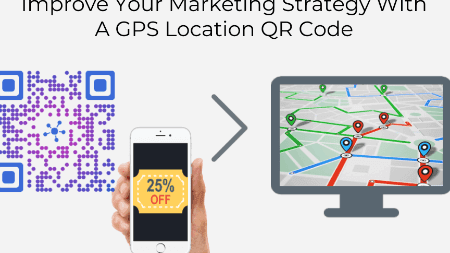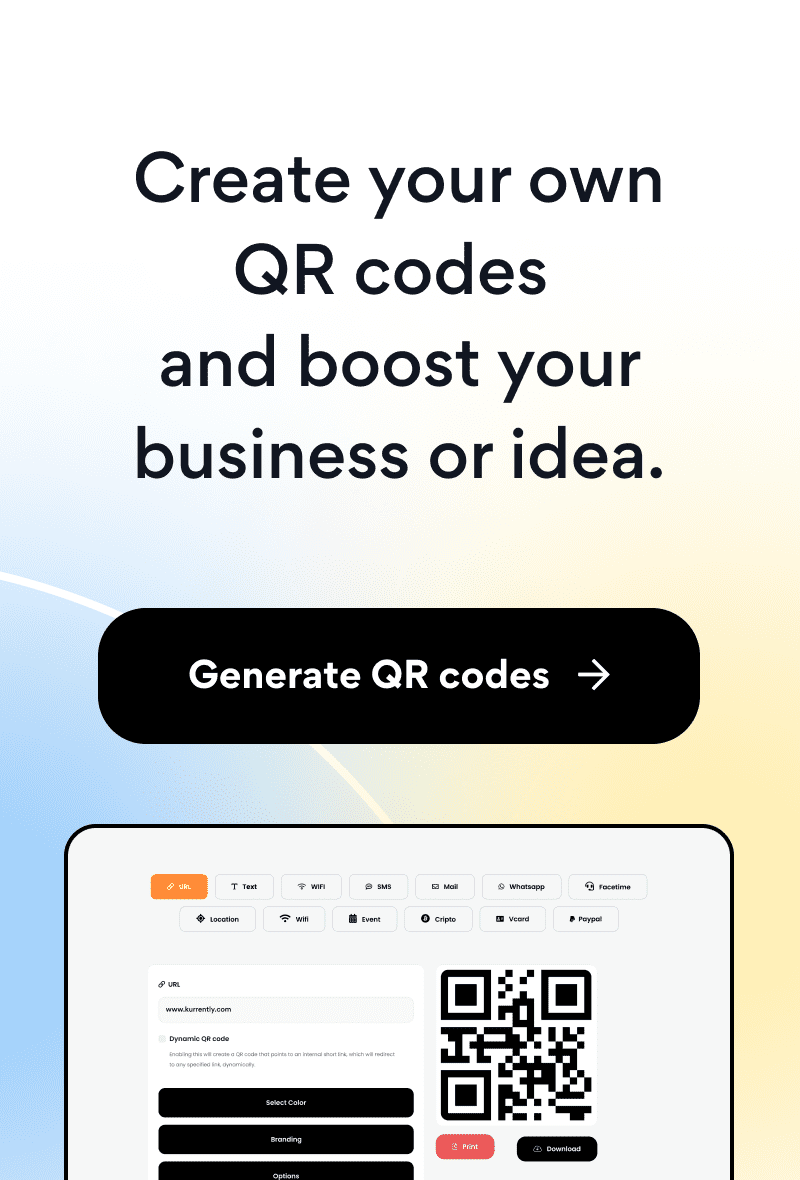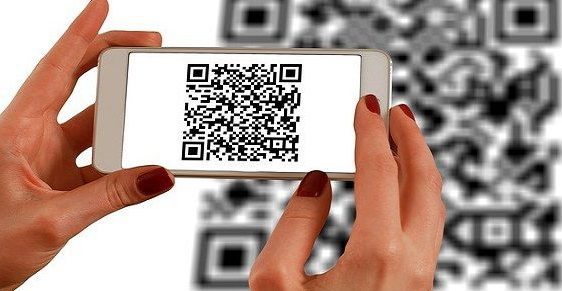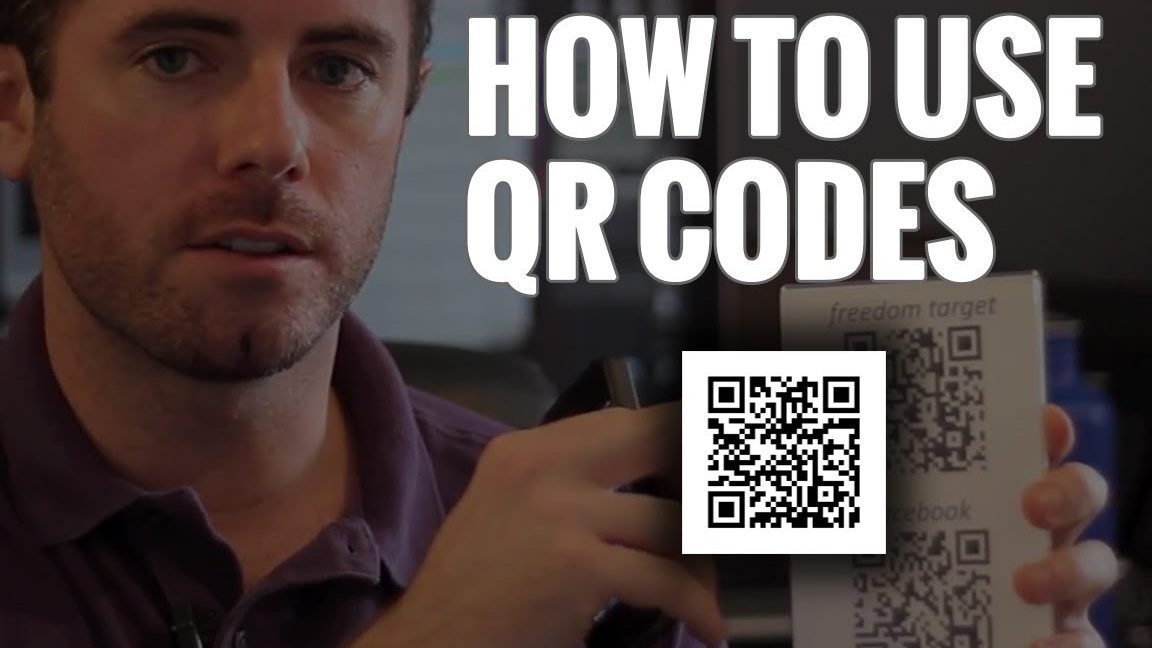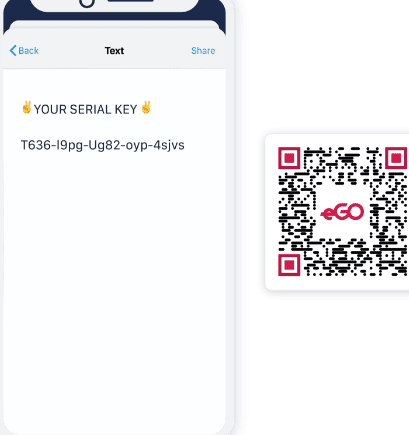Did you know that QR codes can track your location if the creator has enabled GPS tracking in advanced analytics? As a marketer or business owner, this feature can be a goldmine for gathering insights about your customers’ behavior and preferences. Here’s how you can enable GPS tracking for your QR codes:
But before you get too excited, it’s important to note that tracking someone’s location without their permission is not ethical and potentially illegal. Always ask for consent and be transparent about how the data will be used. By following these guidelines, QR code tracking can provide valuable insights for businesses and marketers while respecting the privacy of their customers.
Understanding the technology behind QR codes and location tracking
QR codes have become an integral part of marketing strategies in recent times. They are known for their ability to store a large amount of information in a small space, which can then be easily accessed by scanning the code using a smartphone camera. But what some people may not know is that QR codes can also be used for location tracking.
Location tracking allows businesses to gather data about the whereabouts of their customers. This data can then be used to adapt and improve their marketing strategies, as well as providing a more personalized experience for the end-user. However, this also raises concerns about privacy, and the potential for this type of data to be misused or abused.
Why QR codes may need access to your device’s location
In order for QR codes to track your location, they need access to your device’s GPS system. This is because QR codes work by using a combination of GPS, camera technology, and the internet to pinpoint your exact location. As such, it is important to understand why QR codes may need access to this information in the first place.
One reason could be for the purposes of targeted marketing. By knowing where their customers are located, businesses can tailor their marketing campaigns to better suit their needs. Additionally, location data can be used to provide more accurate directions to a business’ physical location, or to offer localized deals and promotions.
The process of enabling location tracking for QR codes
Enabling location tracking for QR codes is a relatively simple process. First, you need to switch on GPS location in the advanced analytics section of the code creation process. Then, when the code is scanned by the user, they will be prompted to allow access to their location. Once the user has granted permission, the dashboard will appear, and the user can select the QR code that they wish to track. Clicking on “scans” will then reveal the user’s exact GPS coordinates.
Benefits of using location tracking for QR codes
There are several benefits to using location tracking for QR codes. Firstly, location data allows businesses to gain a better understanding of their customers’ needs and preferences. This can then be used to create more personalized marketing campaigns, which in turn, can lead to increased customer loyalty and sales.
Location tracking can also be used to provide customers with a better overall experience. For instance, restaurants can use location data to offer customers personalized menus that are tailored to their dietary requirements or preferences. Similarly, retailers can use location tracking to offer customers real-time in-store promotions or to alert them to new products that may be of interest.
Potential privacy concerns with QR code location tracking
While the benefits of using location tracking for QR codes are clear, there are also potential privacy concerns to consider. For instance, some may feel uncomfortable with the idea of their location data being shared with businesses without their explicit consent. Additionally, there may be concerns around how this data is being stored and who has access to it.
However, businesses that use location data must adhere to strict privacy laws, such as the General Data Protection Regulation (GDPR) in the European Union. This means that businesses must obtain explicit consent before collecting location data, and must also ensure that this data is stored securely and used responsibly.
How businesses can use QR code location tracking for tailored marketing
One of the primary benefits of using QR code location tracking is the ability to tailor marketing campaigns to individual customers. For instance, businesses can analyze location data to determine which products or services are most popular in a particular area. They can then use this information to create targeted advertisements or promotions that are more likely to resonate with their audience.
Similarly, location data can be used to provide customers with more personalized experiences. For instance, retailers can use location tracking to offer customers tailored loyalty programs that automatically reward them for visiting a particular store or area. Similarly, restaurants or cafes can use location data to offer customers real-time discounts or promotions that are tailored to their specific needs.
Real-life examples of QR code location tracking in action
QR code location tracking is already being used by a variety of businesses around the world. For instance, Starbucks uses location data to offer customers real-time promotions and discounts that are tailored to their specific location. Similarly, Dominos uses location data to provide customers with real-time updates about the status of their pizza delivery.
Overall, QR code location tracking has the potential to revolutionize the way businesses market their products and services. By leveraging the power of location data, businesses can create more personalized marketing campaigns, while also providing customers with a more streamlined and enjoyable experience. While there are certainly privacy concerns to consider, the benefits of QR code location tracking are clear, and are likely to become even more pronounced in the years to come.

